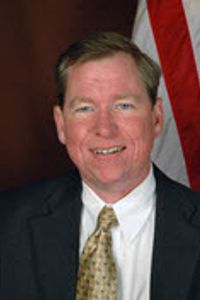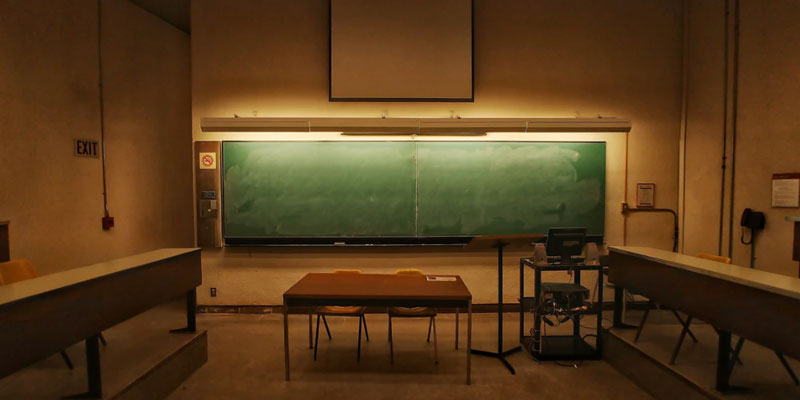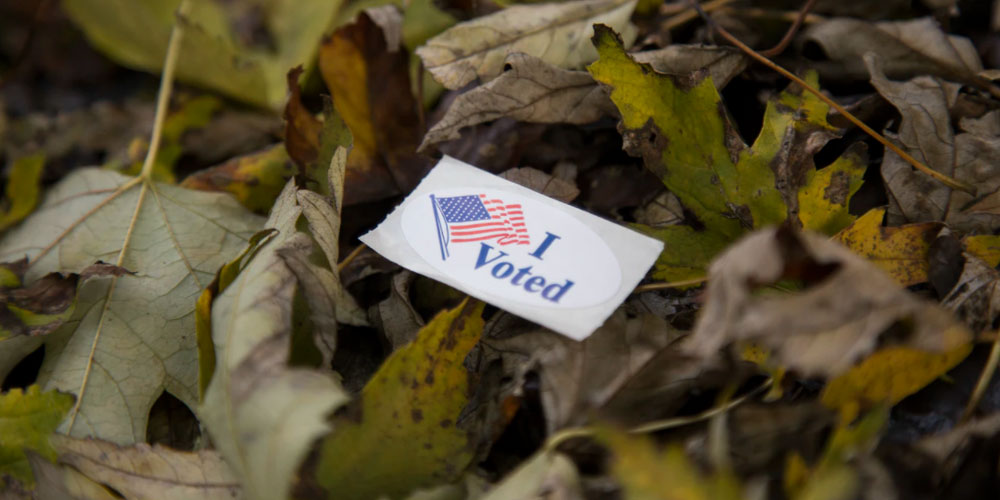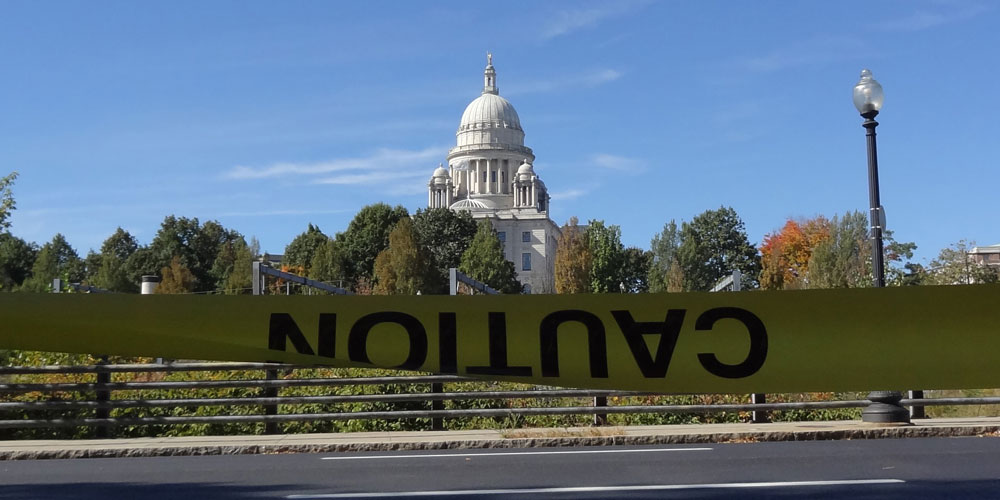The Annenberg Center on the Study of Educators at Brown University took a look at employee retention in the Providence school district and concluded that there has not been an “exodus of teachers”:
Using data up and including the start of the 2021-22 school year, we show that, while retention did fall in Providence more than in neighboring districts, the decline was relatively modest. Given Providence’s high historical retention rate, even in 2021 PPSD retained teachers at rates on par with or higher than other districts across the country. The decline in retention came from a variety of causes, with both teacher exits and teacher retirements increasing. However, retention rates for early career teachers actually increased during the pandemic; greater turnover was concentrated among teachers with more than 25 years of experience.
What continues to be disappointing is the focus of the narrative on the adults employed in the system and the ideology that has infected our governing aristocracy. Even where Annenberg acknowledges that cycling out older teachers isn’t necessarily a bad thing, the stated reason is that it creates the opportunity to hire “a more diverse pool of new teachers, allowing the district to make progress in diversifying its workforce.” It’s hard to miss the failure of everybody involved — from the teachers to the bureaucrats regulating schools to the academics at Brown — to place the critical goal of education front and center.
The story of Providence schools is that a corrupt political environment dominated by unionized teachers changed the system to serve the financial desires of employees and the political machinations of progressive labor organizations as primary goals. A shockingly embarrassing report from Johns Hopkins shamed the state into taking initial steps to repair the worst of the damage, but the shock wasn’t enough to force real change from bureaucrats who also wanted to preserve the existing political situation, so the efforts at reform were doomed to fail in the face of the intransigent union.
At the same time, the government’s response to COVID did impose new challenges on a workforce that is used to muddling along, and some small percentage decided it was time to cash out. However, the compensation packages, lack of accountability, and unmatched job security remain so high (and so well proven by the pandemic) that most teachers continue to think it worthwhile to stick it out.
In short, Providence provides an unavoidable lesson for families in Rhode Island’s capital city, and in any district with a substantially similar structure, which includes all of Rhode Island: get your kids out of government schools. The education system is not set up primarily for their benefit, and our political system is not set up to respond to the actual needs of the people it is supposed to serve.
Featured image by Niamat Ullah on Unsplash.
[Open full post]Sometimes when you’re busy and check in on the news, it seems nothing makes sense, so let me make sure I’ve got a complete picture, here.
Immediately upon entering office, Joe Biden took deliberate steps that were certain to drive up the cost of fuel (restricting drilling, canceling a North American fuel pipeline, etc.), and as expected, the cost of fuel skyrocketed. His administration has refused to back off even as events make perfectly clear that, apart from being good for the American people, America’s being an energy exporter makes the world a more peaceful place, saying they believe environmental harm to be such an existential problem that it is not negotiable.
With an election approaching, however, this position is becoming untenable, and to foster the appearance that they’re doing something, the Bidenites are going to relax regulation of… ethanol?
With inflation at a 40-year high, President Joe Biden journeyed to corn-rich Iowa on Tuesday to announce a modest step aimed at trimming gasoline prices by about a dime a gallon at a limited number of stations by waiving rules that restrict ethanol blending.
This is not an area of acute expertise for me, but in every area except gaining a smidgen of political cover, this looks like just about the worst solution one could contrive. First, the savings to consumers are pitifully small. Second, as the article notes, one of the reasons ethanol percentages are regulated is that it may add “to smog in high temperatures.”
But that’s not it. Third, ethanol mainly comes from corn, which is an agricultural good, so increasing demand for corn for fuel will contribute to inflation at the grocery store. Fourth, ethanol can damage car engines and is even more harmful for other engines that people often fill from the pump.
Of course, Biden is a Democrat whom the mainstream media helped install in the White House, so he doesn’t need but a smidgen of political cover to get maximal benefit.
Featured image by Gabriel Cote on Unsplash.
[Open full post]On WNRI 1380 AM/95.1 FM, John DePetro and Justin Katz discuss:
- McKee’s bumbles
- The Congressional candidate who counts
- Good and bad examples in Warwick
- The creepy foot guy and what RIDE should have done
Featured image by Sammy Williams on Unsplash.
[Open full post]The recently released video promoting Republican Ashley Kalus’s campaign for governor provides reason to think she’s got some real opportunities and exposes some of the risks her campaign faces:
On the risk side, her references to bringing policies from specific other states is the sort of thing that rubs provincial Rhode Islanders the wrong way and can remind them that she’s new to the local political scene and is bringing in out-of-state help. Meanwhile, her reference to her work with COVID in RI obviously has a bad association in people’s memories. People just shouldn’t use images of people getting needles in their arms when they want a positive association.
On the opportunity side, it’s so obvious that Rhode Island needs to open the windows for some fresh air and common sense that this may be the year it actually works. This is particularly true on the education front, although it will take somebody who can speak the truth about things like school choice and economic reality without seeming to threaten what Rhode Islanders feel like they already have (which they grip with desperation no matter how inadequate it is).
[Open full post]Legislation from socialist state Representative David Morales should be a warning to institutions (whether non-profit organizations or for-profit businesses) about furthering the power of progressives:
Industry leaders and university officials in Rhode Island were outraged after a bipartisan slate of lawmakers recently introduced a bill that would allow host cities to impose taxes on endowments on private, nonprofit institutions of higher education.
The bill, sponsored by Representative David Morales, a Providence Democrat, would allow municipalities where these institutions are located to impose a tax of up to 2 percent on each endowment. Across all eight private, nonprofit schools this tax would impact, up to $173.4 million could start flowing into host cities annually.
Progressives will inevitably turn on any moneyed entity within the reach of their power. Unlike conservatives, who see the role of government mainly to be staying out of the way while helping individuals and organizations to interact fruitfully with each other, progressives see government as the driving force of all society.
Unfortunately, if they even care enough to worry about how their policies will actually function, Leftists’ economic schemes don’t work, even as their political strategy for gaining power, keeping it, and forcing others to stay in line requires them continually to find wealth to redistribute. Consequently, they will always need more and more money drawn from a smaller and smaller pot.
Institutions don’t keep money lying around just because. They think they need it, even if their reason is as superficial as on-paper comparisons with their peers. So, they’ll look to compensate for the tax losses Morales would impose or pass the expenses on to others. For colleges, this means taxpayer subsidies, whether directly secured from politicians or indirectly secured by raising tuition rates that politicians can later be persuaded to subsidize.
The latter option can seem like a triple-win solution for progressives, in the short term. They get the upfront money from the colleges, which they use to satisfy their political supporters. When the institutions increase tuition, progressives attack them as greedy and then buy even more votes with promises to “forgive” the growing loans.
Whatever the mechanism, ultimately, the bill will wind up in the hands of whatever group remains who can’t buy off progressives to pass it along, which will mean disorganized taxpayers. And since progressives need (at least for now) something like a majority to stay in power, the cost will ultimately fall on the minority who can’t or won’t be bought off.
As Rhode Island has been refusing to learn for at least two decades, however, those people will tend to flee the system sooner than later.
Featured image by Snehal Kristna on Unsplash.
[Open full post]Somehow, I’d hoped that a silver lining of the pandemic would be a little more wariness among lawmakers about tripping over unforeseen circumstances. But we’re back to normal, now, in ways good and bad, so the state Senate has returned to the pressing business of forbidding Rhode Island stores from offering customers the option of plastic bags:
The proposed has seen some support from lawmakers across previous sessions, though it has yet to reach the governor’s desk. In early 2020, it was approved by the full Senate, before the coronavirus pandemic abruptly cut the session short.
If signed into law, the bill would require stores to offer recyclable options instead of single-use plastic bags, penalizing those who do not comply.
We can understand that many younger Americans, who disproportionately number among energetic activists, don’t remember the experience of my youth, when the scourge of the planet was deforestation and banning paper bags was the solution. But have we forgotten the pandemic?
The city of San Francisco is forbidding shoppers from carrying reusable bags into grocery stores out of fear that they could spread the coronavirus.
As part of its shelter-in-place ordinance, the California city barred stores from “permitting customers to bring their own bags, mugs, or other reusable items from home.” The city noted that transferring the bags back and forth led to unnecessary contact between employees and shoppers.
One gets the sense that, no matter how deteriorated our infrastructure and economy may become, this is the sort of thing that our state government will care about, and that its leaders will learn little from experience. In the world of sheer lunacy imposed by the woke movement, it is as if the job of government has changed to maintaining some sense of normalcy in the face of the abnormal. We couldn’t possibly be up against historic challenges and the deliberate undermining of our society if the occupants of our marble-domed State House have concluded that restricting residents’ access to convenient and useful is deserving of their attention, right?
No wonder so many people have simply checked out. The intellectual shelves are empty, and we can only take what we can carry in our own hands.
Featured image by Robert Errani on Unsplash.
[Open full post]The inaccuracy of Steve Ahlquist’s tweet is worth noting, but it should be a springboard, not a stopping point:
86% of Johnston voters voted to approve a $215 million proposal to finance the largest modernization of education facilities in Johnston’s history.
The results table he appends does indeed show that 1,100 people voted to approve the measure, versus 178 against, but it also shows that 23,980 Johnston residents are registered to vote. Properly speaking, therefore, only 4.6% of Johnston voters voted to approve that massive spending for all of them.
People involved in local politics debate this point frequently, tending to switch positions depending which side of a matter they support. You can bet that if the vote approved something he opposed (like safeguarding the lives of unborn children), Ahlquist would emphasize the small participation rate, perhaps insinuating voter suppression in some form.
Objectively, one basic assumption of democracy is that lack of participation is implicitly deliberate. It’s possible that the people of Johnston didn’t vote because they knew the bond would pass and supported that outcome. More likely, many of them just didn’t care enough to vote, often because they don’t care enough to pay attention.
Moreover, such issues don’t have to be broadly unpopular to generate opposition. A contributing factor is whether they inspire strong opposition among a small group of people willing to expend time and money convincing their neighbors.
These possibilities raise an important question that those of us who do care ought to answer. Do Rhode Islanders support the direction of our state? Do they simply not care? Or are the apathy and hopelessness so profound that small groups don’t (or can’t) form to mount an opposition?
The natural incentives are obviously in favor of the big spenders. Each vote seems like a relatively small charge on the tax bill, while on the other hand, a minority of residents will see a significant improvement in an area of special interest for themselves. Our state goes further, layering on regulations, mandates, and thumbs on the scale to throw this imbalance into a full tilt.
We need to break this pattern, because it’s not just spending. The same factors that lead to crumbling infrastructure despite high taxes lead to abysmal educational results and more.
In that context, both sides of the vote may hinge on hope. A majority up to 95% is hopeless that its vote can make a difference, while the 5% turn out because they hope desperately that spending a bunch of money will do something (anything) to improve their situation.
It won’t… at least not in the long run.
Featured image by Josh Carter on Unsplash.
[Open full post]On WNRI 1380 AM/95.1 FM, John DePetro and Justin Katz discuss:
- McKee finds his FBI-investigation talking points
- Smiley’s dubious messaging
- Quietness on the congressional front
- Kalus comes on strong
Featured image by Glenn Carstens-Peters on Unsplash.
[Open full post]
When Bill Felkner introduced me to Republican state Senator Frank Maher on the back steps of the State House, I was still new enough to politics-in-the-flesh to think he was a representative sample of elected officials. “He’s one of the good guys,” Bill told me, and he was right.
On another occasion, not long after, both Frank and I followed a Republican convention in Newport as it crossed the street and continued into the night at a bar. We distracted each other, along with his wife, Kathleen, from the felt need to schmooze with a long conversation about matters political and personal.
Senator Maher was in politics for the right reasons. He wasn’t looking for an edge in the insider career path or running for a place on local talking head shows. He was a man of strong values who saw politics as a means of doing some good in the world.
Too often, those who should be our models are too modest to draw attention to themselves. Rest in peace, Frank. I know you’re doing what you can to help us from where you are.
[Open full post]One bit of trivia that marks a step on road to full assimilation into the Ocean State when one learns it is that the State House dome is the fourth largest self-supporting marble dome on the planet. The list goes St. Peter’s Basilica in Rome, the Minnesota State Capitol, the Taj Mahal, then Rhode Island’s Capitol building.
That is our heritage. And Tim White’s forthcoming report about collapsing marble in the State House is documentation of how well we’re maintaining it.
I’m not merely speaking about the State House, of course, but the whole state… more than the state, truth be told. The popular understanding of the word, “decadence,” is extravagant expense and indulgence. We think of flash and great opulence, but the most decadent and costly vice is carelessness, and our entire civilization is succumbing to it.
Many of us who’ve invested so much effort trying to wrench Rhode Island out of its spiral have done so with the recognition that we’re on the sharp end of the flayer’s knife and the hope that we can find the cure and prove its worth here.
The time is short, and collapsing marble is only one of the more obvious symptoms. The Convention Center gorging on employee bonuses is another. Put Providence, Barrington, Portsmouth, and other communities that are busily destroying the education systems on the list. We hear our decadent deterioration every time the power goes out and we learn that a few more neighbors have taken the increasingly necessary step of installing home generators.
Just so do we squander our wealth of money, resources, and social capital. Those who can afford private schools, generators, and constant auto repairs in lieu of well paved roads are buying the luxury of apathy.
It doesn’t have to be this way, yet every week brings another news story that ought to generate outraged churn of our elected officials, but no longer does. The governor could propose five-figure annual hazard pay bonuses to the public sector aristocrats who walk the State House halls, and few Rhode Islanders would ask why our state’s massive spending is insufficient to maintain our architectural heritage.
I say leave the marble where it fell as a reminder. Put some velvet ropes around it, with a plaque bearing a Once-ler-esque warning. Then fix the State House around it — and fix the state around that — so Rhode Island can be a beacon of hope for those still feeling that knife scraping along their civic nerves.
Featured image by Justin Katz.
[Open full post]








